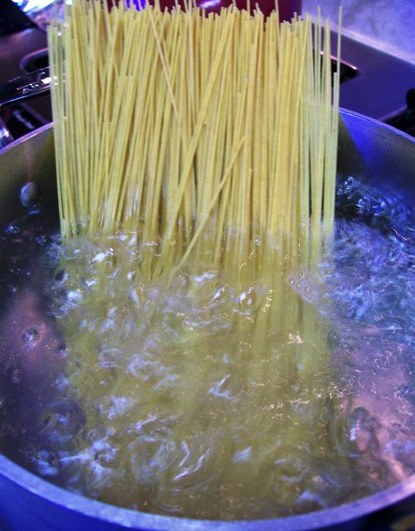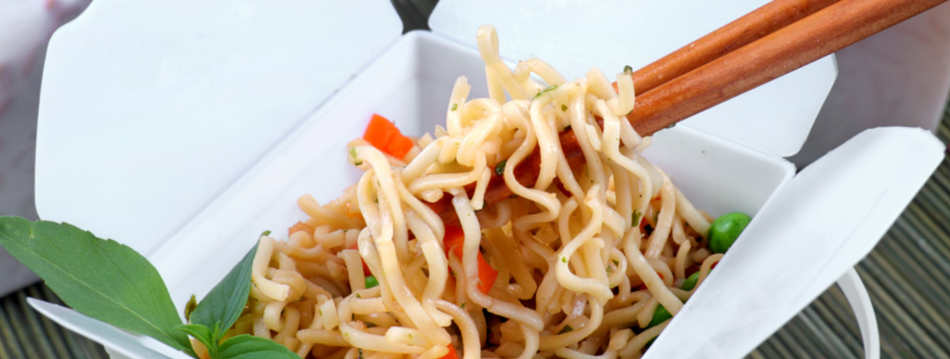
image courtesy of live science
Water is a pretty amazing ingredient. it costs almost nothing, and is generally pretty accessible. In the science world, water is the universal solvent, and it is a key component in almost every living thing. You probably hardly give it a thought, but you wouldn’t want to cook without it. In the kitchen we sometimes use flavored or enhanced water, like stock, broth, tea, or wine, but essentially they are all just water.
When I was in culinary school we had a chef who would regularly call us out, asking what was X; ‘what is an emulsion?’ was often a stumper. He was a pretty intimidating fellow, so people would stutter, and balk, and stumble over their answers, sure they would get it wrong and be publicly shamed… Ah, memories.
An emulsion is, at it’s most basic, fat suspended in water. You may call it mayonnaise, or hollandaise, or even salad dressing, but it’s all just fat molecules forced into water molecules, where they really don’t want to be… When we were kids my sister volunteered to make salad dressing one night, and decided as a shortcut she’d just put everything into the blender. We were shocked when what emerged was a thick, creamy dressing, not resembling any of the components she had put into the blender. Our first lesson in emulsions!
I recently read Michael Pollan’s Cooked, and one of the points he made really struck me; adding water to meat, vegetables,or whatever you like, and applying heat is a kind of alchemy that produces rich, lovely sauces and gravies. It renders our pasta edible (though my daughter does like to eat raw spaghetti), we use it as steam, to keep that bright color, and save those vitamins, we boil it like crazy to cook pasta and beans, and simmer it to gently poach eggs, fish and chicken. Water is a powerful force in the kitchen, if it is the universal solvent in the chemistry lab, it is the universal medium in the kitchen.

sundaydish.typepad.com –
If you start thinking about the liquids you use as water it can change the way you use them, as it will change the way you view water itself. The other day I made a short rib dish and used beef broth, when water would have been a better choice. The finished dish was way too salty, and the sauce so strong it overpowered the rest of the dish. Sometimes I use just water or half water and half white wine when I make rice. For soup I find a flavored liquid, like stock, always adds a deeper flavor, but for stews and braises, water is just fine, as during the lengthy cooking process, the meat, as well as the aromatics (onions, carrots, celery, maybe tomato, and herbs) will merge together as they cook, and produce tons of flavor.
As magical as it is, water can’t do it all. The acids in wine and tomatoes will break down the proteins as your meat cooks, in a way plain water can’t. However heat and time will work together to produce the same effects, though it might take a bit longer. Water is effective when cooking rice, but using milk, or coconut milk will add a richness you can’t achieve with water alone. The key to this (as with all things) is to think about your desired outcome. If you’re looking for an astringent or earthy flavor choose red wine; a bright fruity note, use a dry white wine, or even lemon juice, or cider vinegar mixed with water. As you get ready to prepare your food, remember you have lots of choices, and water is often a great one. We are fortunate to have it in abundance!





.jpg)




